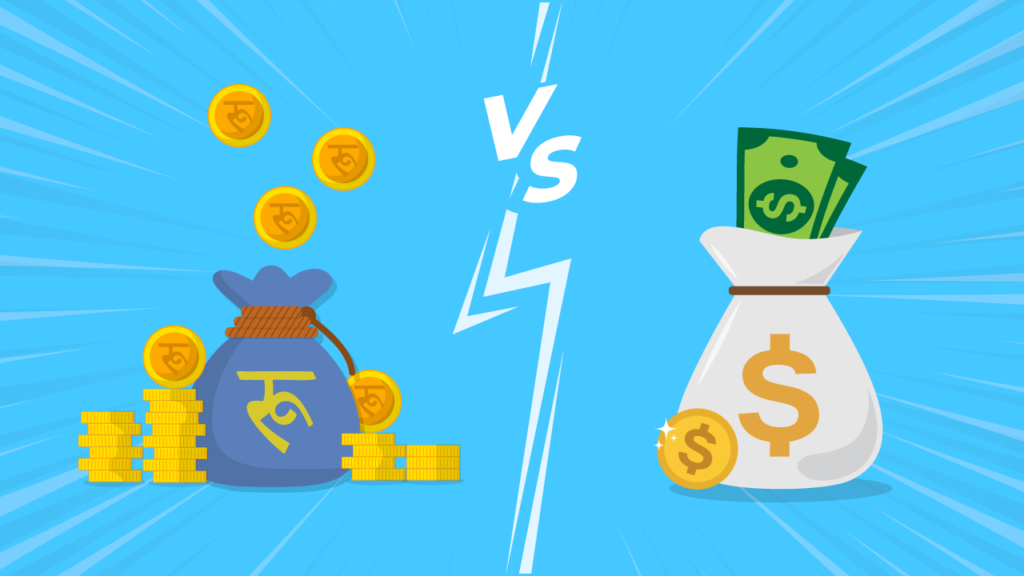Hello and welcome to this video about starting a sustainable products export business from Nepal using locally sourced raw materials from the Himalayas.
If you’re interested in making a positive impact on the local community and the environment, this can be a rewarding and fulfilling venture. So, where do you begin?
First, you’ll want to research and identify the types of raw materials that are available in the Himalayas of Nepal and the products that can be made from them. Some examples of raw materials that are commonly found in the region include wool, bamboo, and natural dyes.
Next, it’s time to develop a business plan. This should outline your target market, product line, and marketing and sales strategy. Consider how your products will be unique and how they will appeal to your target customers.
Now it’s time to start building relationships and sourcing your raw materials. This means establishing connections with suppliers in the Himalayas and negotiating favorable terms for purchasing and shipping the materials.
Once you have your raw materials, you’ll need to work with local artisans or manufacturers to produce the products. And don’t forget to obtain any necessary licenses and permits for exporting products from Nepal.
Now it’s time to start selling! Identify potential buyers for your products and develop a sales and distribution plan to reach them. This may involve setting up a website or e-commerce platform, attending trade shows, or establishing relationships with distributors or retailers.
And finally, consider implementing sustainable practices in all aspects of your business, such as using eco-friendly packaging and minimizing your environmental impact.
Now let’s talk about setting up a successful ecommerce and social media presence for your sustainable products export business.
First and foremost, use high-quality product photos and descriptions. Your product photos and descriptions are often the first thing that potential customers will see, so make sure they accurately and effectively showcase your products. Use clear, well-lit photos and write detailed, compelling product descriptions that highlight the unique features and benefits of your products.
Next, optimize your website for mobile devices. Many people shop online using their smartphones, so it’s important to ensure that your website is mobile-friendly. This means that it should be easy to navigate and read on smaller screens.
Utilizing social media platforms such as Facebook, Instagram, and Pinterest can also be a powerful way to reach potential customers and build brand awareness. Share updates about your products, company, and industry, and engage with your followers by responding to comments and messages.
Email marketing is another effective way to stay in touch with customers and promote your products. Consider collecting email addresses from customers and using an email marketing service to send newsletters, special offers, and other promotional materials.
But it’s not just about attracting leads – it’s also about converting them into buyers. To do this, make it easy for customers to purchase your products by having a user-friendly website and smooth checkout process. Consider offering discounts, free shipping, or other incentives to encourage customers to make a purchase. If you have leads who have shown interest in your products but haven’t made a purchase, consider following up with them via email or social media to see if there is anything you can do to help them make a decision.
Address any objections or concerns that customers may have, and use social proof, such as customer reviews and testimonials, to build trust and credibility with potential customers. By following these best practices, you can effectively establish an ecommerce and social media presence for your business and convert leads into buyers.
Starting a sustainable products export business from Nepal using locally sourced raw materials from the Himalayas can be a challenging but rewarding endeavor. By following these steps and best practices, you can successfully start and grow your business and make a positive impact on the local community and the environment.
Thank you for watching. I hope this has been helpful and I wish you the best of luck in your sustainable products export business from Nepal.

